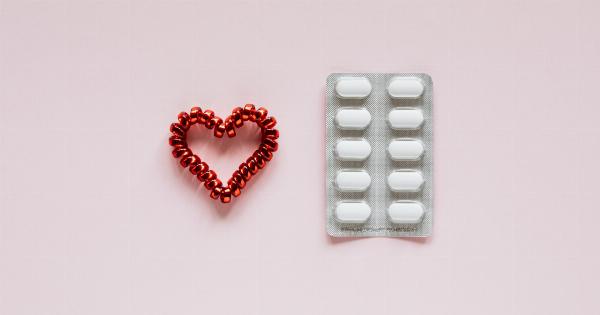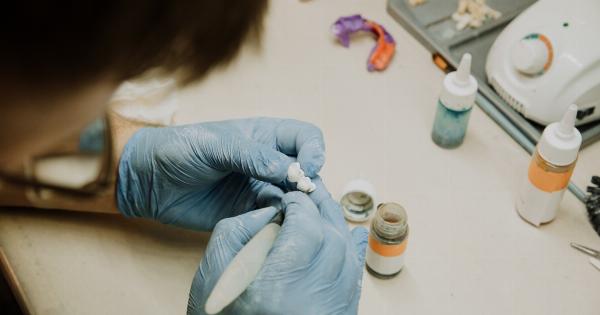When it comes to managing your health, taking medications as prescribed by your doctor is essential. However, something as innocent as consuming grapefruit can have a potentially harmful interaction with certain medications.
In this cautionary tale, we explore the dangers of combining grapefruit with medication and why it is crucial to be aware of these interactions.
What Makes Grapefruit Dangerous?
Grapefruit, a citrus fruit known for its refreshing taste and numerous health benefits, might seem harmless at first glance. However, it contains compounds that can interfere with the enzymes responsible for metabolizing medications in your body.
One such enzyme, called cytochrome P450 3A4 (CYP3A4), plays a vital role in breaking down many medications, allowing them to be effectively processed and eliminated from your system.
When you consume grapefruit or its juice, it contains substances known as furanocoumarins, which inhibit the activity of CYP3A4.
As a result, the medications that rely on this enzyme for breakdown end up being inadequately metabolized, leading to higher levels of the drug remaining in your system.
This can have serious consequences, as the increased drug concentration can potentially cause an overdose or severe side effects.
Medications Affected by Grapefruit
Although not all medications are affected by grapefruit, it’s essential to know which ones can cause adverse interactions. Here are some commonly prescribed drugs that may react poorly when combined with grapefruit:.
1. Statins
Statins are a class of drugs frequently prescribed to lower cholesterol levels in individuals at risk of heart disease.
When combined with grapefruit, the concentration of statins can increase, leading to a higher risk of statin-related side effects such as muscle pain, liver damage, and an increased risk of kidney failure.
2. Antiarrhythmics
Antiarrhythmic medications are commonly used to manage irregular heart rhythms.
When grapefruit is consumed alongside these medications, it can result in higher blood levels of the drug, potentially causing life-threatening arrhythmias or other cardiac complications.
3. Calcium Channel Blockers
Calcium channel blockers are medications that help dilate blood vessels, reducing blood pressure and alleviating angina symptoms.
When combined with grapefruit, these drugs’ concentration can increase, leading to excessive blood pressure lowering, dizziness, fainting, and an increased risk of irregular heartbeats.
4. Immunosuppressants
Immunosuppressants are medications that suppress the immune system and are often prescribed to individuals who have undergone organ transplants or suffer from autoimmune diseases.
Combining these drugs with grapefruit can increase their concentration, potentially causing excessive immunosuppression, heightened susceptibility to infections, and other serious complications.
5. Benzodiazepines
Benzodiazepines are a class of medications frequently used to treat anxiety, insomnia, and seizures.
When grapefruit is consumed alongside benzodiazepines, it can result in increased sedation, drowsiness, confusion, and an increased risk of respiratory depression.
How to Stay Safe
To ensure your safety and avoid potentially harmful interactions, it is crucial to be cautious when consuming grapefruit or its juice while on medication. Here are some practical steps you can take:.
1. Read Medication Labels
Always read the medication labels carefully. Look for warnings or precautions that advise against consuming grapefruit while taking the medication. If any doubts arise, consult your healthcare provider or pharmacist.
2. Seek Professional Advice
If you’re unsure about whether your medication interacts with grapefruit, reach out to your doctor or pharmacist for advice. They can provide you with accurate information and suggest alternative medications if necessary.
3. Explore Alternatives
If you are on a medication that has a known interaction with grapefruit, discuss alternatives with your healthcare provider. They may be able to switch you to a different medication that lacks the potential for interaction.
4. Be Mindful of Citrus Products
Grapefruit is not the only citrus fruit that can cause interactions with certain medications. Be aware that Seville oranges, limes, and pomelos may also pose a risk.
Always consult your doctor or pharmacist if you have any concerns regarding these fruits.
5. Grapefruit Extract and Supplements
It’s not just the fruit itself that can cause interactions; grapefruit extract and supplements can also have a similar effect. Proceed with caution and check with your healthcare provider before consuming these products.
6. Avoid Unauthorized Consumption
When dining out or attending social events, be cautious of any food or beverages that may contain grapefruit or its juice. If unsure, it is best to avoid these items altogether.
Conclusion
The interaction between grapefruit and certain medications can be a cautionary tale for anyone managing their health with prescription drugs.
Understanding which medications can be affected and taking necessary precautions can help prevent potentially dangerous outcomes.
Always stay informed, read labels, seek professional advice, and be mindful of what you consume while on medication.
By doing so, you can enjoy the benefits of your prescribed medication without worries about harmful interactions with grapefruit or other citrus products.






























